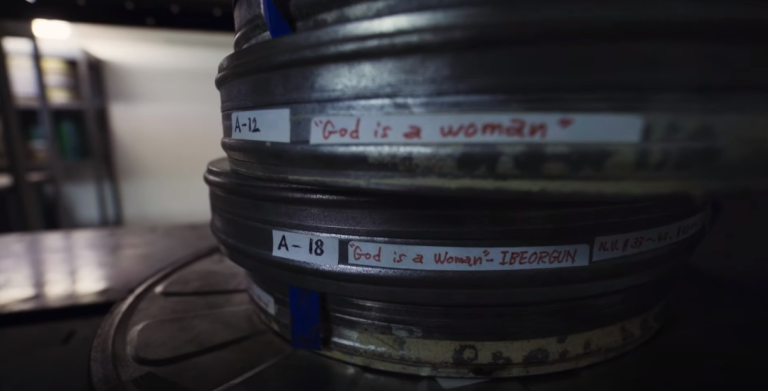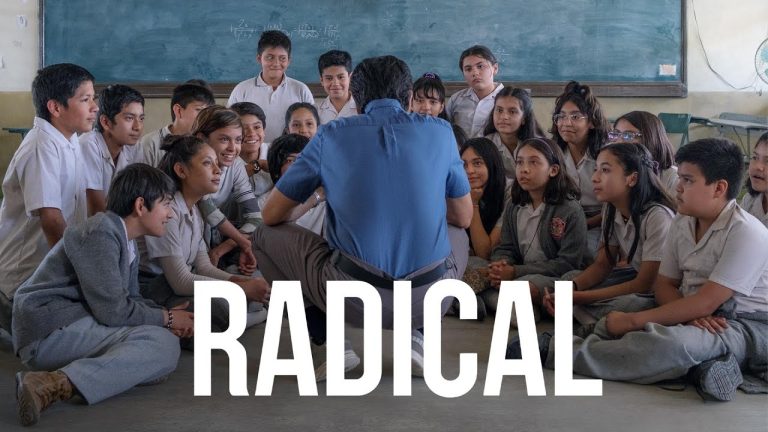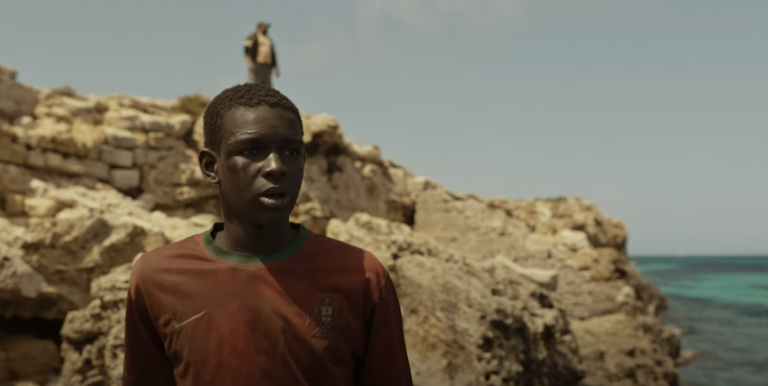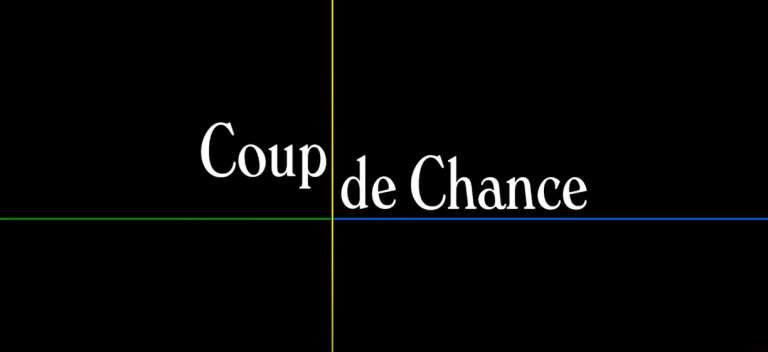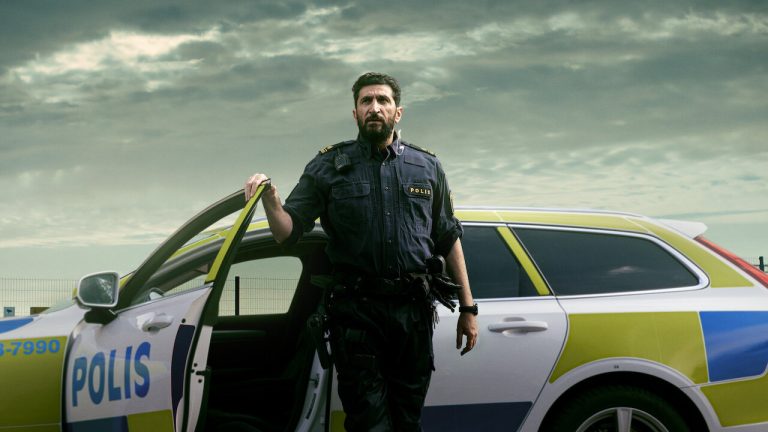
Overview
“Road House 2: Last Call” (2006) is a direct-to-video sequel to the 1989 cult classic “Road House.” Directed by Scott Ziehl, the film follows Shane Tanner (played by Johnathon Schaech), the son of the original film’s protagonist, as he takes up a job as a bouncer at a rowdy bar in Louisiana. When the bar owner is murdered, Shane finds himself embroiled in a dangerous web of corruption and violence. With the help of his love interest, Beau (played by Ellen Hollman), and his martial arts skills inherited from his father, Shane sets out to uncover the truth behind the murder and bring the culprits to justice.
“Road House 2” attempts to recapture the spirit of its predecessor with its focus on barroom brawls, tough-guy dialogue, and a lone hero fighting against overwhelming odds. However, it lacks the star power and charisma of Patrick Swayze, who portrayed the iconic character Dalton in the original film. Critics generally panned “Road House 2” for its lackluster plot, uninspired action sequences, and overall lack of originality. Despite its shortcomings, the film may appeal to fans of low-budget action movies or those nostalgic for the gritty charm of 1980s action cinema.
| Title | Road House 2: Last Call |
|---|---|
| Release Year | 2006 |
| Director | Scott Ziehl |
| Main Cast | Johnathon Schaech, Ellen Hollman |
| Plot Summary | Shane Tanner, son of the original protagonist, becomes a bouncer at a Louisiana bar. When the bar owner is murdered, Shane unravels a web of corruption and violence, using his martial arts skills to seek justice. |
| Reception | Criticized for lacking the star power and charisma of the original film, with a weak plot and uninspired action sequences. May appeal to fans of low-budget action movies or 1980s action cinema nostalgia. |
Plot of the Movie
Shane Tanner, an agent for the Drug Enforcement Administration (DEA), hails from a lineage deeply rooted in the world of legendary “coolers.” His father, James Dalton, immortalized by Patrick Swayze in the original film, epitomizes this legacy. Meanwhile, Shane’s uncle, Nate Tanner, oversees the Black Pelican, a renowned bar nestled in Tyree, Louisiana — now Nate’s permanent residence.
Trouble brews when Nate receives an unexpected call from his longstanding adversary, “Wild Bill,” a former Black Pelican cooler vying to wrest control from Nate. Wild Bill proposes a meeting at a secluded pier, ostensibly to broker a truce. Despite his suspicions, Nate ventures to the rendezvous point in hopes of resolving their feud.
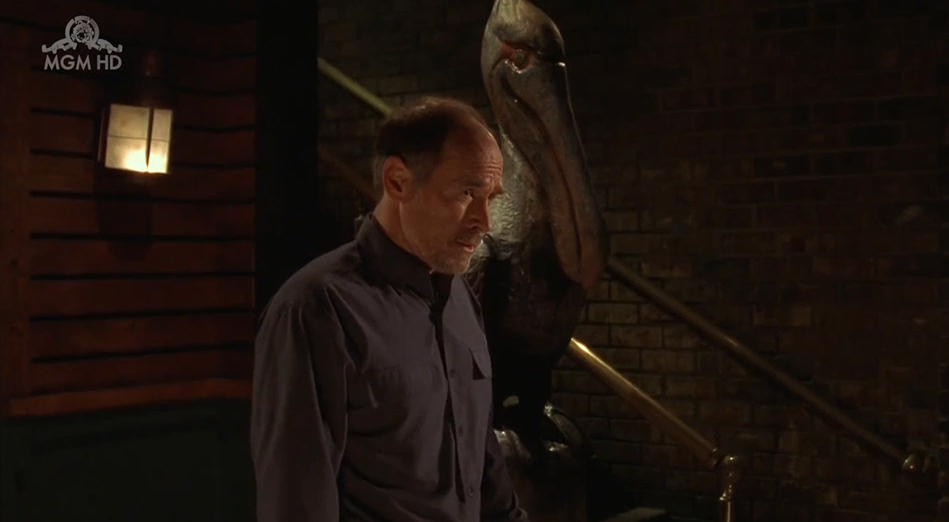
However, upon arrival, Nate finds himself ambushed and savagely assaulted by Wild Bill and his accomplices. The brutal attack serves as a stark reminder of the perilous tensions simmering beneath their rivalry.
In New York City, Shane and his fellow agents raid a nightclub, arresting drug dealers. Later, Shane receives a distressing call about his beaten uncle, Nate, who is hospitalized. Determined to find out who attacked Nate, Shane heads to Tyree. He takes over Nate’s responsibilities, including running the Black Pelican, despite Wild Bill’s objections. Situated conveniently near the border, the bar is a prime location for drug trafficking. However, Shane, like his uncle, refuses to sell the bar and fiercely defends it against the thugs sent by Wild Bill.

A subplot follows Shane’s ongoing quest to find his father’s murderer, Dalton, who was killed many years ago when Shane was a rookie Louisiana state trooper. Following Dalton’s death, Shane left town and joined the DEA as a field agent. Now, Victor Cross, the Miami crime syndicate kingpin and Wild Bill’s boss, takes matters into his own hands as he believes Wild Bill’s men have failed to deal with Shane effectively. Shane finds himself confronting overwhelming odds with limited staff at the Black Pelican, as Cross’s involvement raises the stakes in his quest for justice.
In a bid to rid Louisiana of Victor, Wild Bill, and their criminal enterprise, Shane forms an alliance with Beau Hampton, a local school teacher, and Wild Bill’s cousin, who boasts a military background. Together, Shane and Beau orchestrate a plan to bring down Wild Bill and Victor. Their collaboration culminates in a showdown where Victor is severely beaten and left at Beau’s residence, while Wild Bill meets his demise, symbolically impaled by the iconic black pelican statue at the bar. This decisive victory marks the end of their reign of terror and restores peace to the region.

The revelation emerges that Victor harbored a deep vendetta against Shane ever since Shane’s involvement in a drug bust targeting Victor during his tenure as a state trooper. It’s disclosed that Victor had enlisted the services of Wild Bill, who was then working as a bouncer at the bar, to carry out the hit on Dalton, Shane’s father. With this truth unearthed, Shane finds a sense of closure and decides to remain in town, finally able to find peace knowing that he has confronted and brought justice to his father’s murderers.
Reasons to Watch It
“Road House 2: Last Call” offers viewers a thrilling ride with its action-packed plot centered around DEA agent Shane Tanner’s quest for justice, intertwined with the legacy of his legendary father, James Dalton. With intense bar brawls, dynamic characters, and a satisfying conclusion, the film delivers an entertaining continuation of the “Road House” saga, making it a compelling watch for fans of action-packed thrillers.

Action-packed Plot – The film follows DEA agent Shane Tanner as he battles against drug dealers and seeks justice for his uncle’s beating, all while uncovering the truth behind his father’s murder. Family Legacy – Shane is the son of the legendary cooler James Dalton, played by Patrick Swayze in the original film. The connection to the iconic character adds depth to Shane’s journey and ties the sequel to its predecessor.

Thrilling Bar Brawls – With Shane taking over the Black Pelican bar, viewers can expect plenty of intense fight scenes as he defends his uncle’s establishment against thugs and rivals. Underdog Story – Despite facing overwhelming odds, Shane refuses to back down, showcasing determination and resilience in his quest for justice and to protect his family’s legacy.

Dynamic Characters – From Shane’s alliances with local teacher Beau Hampton and Wild Bill’s cousin with a military background to the menacing villains like Victor Cross and Wild Bill himself, the film features a diverse cast of characters with their own motivations and conflicts. Satisfying Conclusion -As Shane confronts his father’s murderers and brings them to justice, viewers can enjoy a fulfilling resolution to his personal vendetta, while also witnessing the downfall of the criminal syndicate threatening his town.

Nostalgia and Continuity – For fans of the original “Road House,” this sequel offers a chance to revisit the world of bouncers, barroom brawls, and tough justice, albeit with a new protagonist carrying on the legacy of his father.
Overall, “Road House 2: Last Call” promises an entertaining blend of action, revenge, and redemption, making it a compelling watch for fans of the action genre and those intrigued by the continuation of the Dalton family saga.
Reasons to Avoid It
“Road House 2: Last Call” may disappoint viewers due to its weak plot development, lackluster characters, and predictable action sequences, offering little to engage or entertain discerning audiences. With underwhelming resolution and low production value, the film fails to capture the essence and appeal of its predecessor, making it one to avoid for those seeking a satisfying cinematic experience.
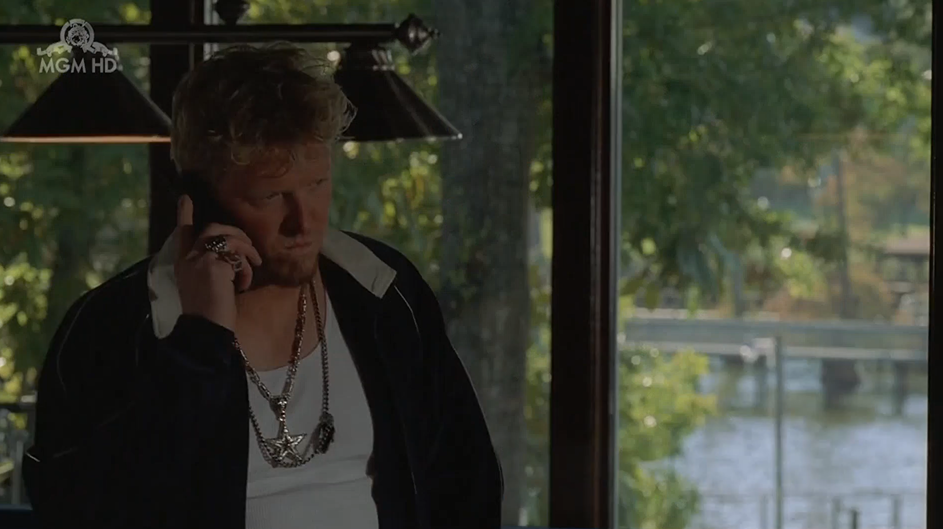
Weak Plot Development – The storyline lacks depth and coherence, with subplots introduced abruptly and resolved hastily, leading to a disjointed viewing experience. Lackluster Characters – Despite attempts to create a diverse cast, the characters feel one-dimensional and fail to evoke genuine empathy or interest from the audience, making it challenging to invest in their journey.

Predictable Action Sequences – The film relies heavily on clichéd action tropes, with poorly choreographed fight scenes and a predictable escalation of conflicts, resulting in a lack of genuine suspense or excitement. Unconvincing Motivations – The motivations driving the characters, particularly the antagonists, feel contrived and unconvincing, detracting from the overall believability of the plot and character dynamics.

Underwhelming Resolution – The resolution of the central conflict feels rushed and unsatisfying, with key plot points resolved in a manner that strains credibility and fails to provide a fulfilling payoff for the audience. Lack of Emotional Depth – Despite the potentially emotional storyline involving Shane seeking justice for his father’s murder, the film fails to explore this aspect in depth, resulting in a missed opportunity to add depth and resonance to the narrative.

Low Production Value – The film’s production values, including cinematography and special effects, are subpar, contributing to a cheap and uninspired visual aesthetic that further detracts from the overall viewing experience.
Overall, “Road House 2: Last Call” suffers from a combination of weak plot development, lackluster characters, and predictable action sequences, making it a disappointing follow-up to the original film and a film that may fail to engage or entertain discerning viewers.
Critical Response
“Road House 2: Last Call” received predominantly negative reviews from critics, who found several aspects of the film lacking. One major criticism was directed towards the weak plot, which was deemed to be disjointed and lacking in depth. The storyline’s progression was often seen as predictable, with little in the way of surprises or twists to keep audiences engaged. Additionally, the characters were criticized for being one-dimensional and unconvincing, failing to evoke genuine empathy or interest from viewers.
Another point of contention was the film’s action sequences, which were described as lackluster and poorly choreographed. These scenes failed to deliver the adrenaline-fueled excitement that one might expect from an action film, further contributing to the overall disappointment.

Furthermore, the production value of “Road House 2” was criticized for being subpar, with low-quality cinematography and special effects. This cheap and uninspired visual aesthetic detracted from the overall viewing experience and made it difficult for audiences to become fully immersed in the story.
Finally, the resolution of the film was considered to be underwhelming, with key plot points being resolved in a rushed and unsatisfying manner. This lack of a fulfilling payoff left many viewers feeling disappointed and ultimately contributed to the film’s negative reception.
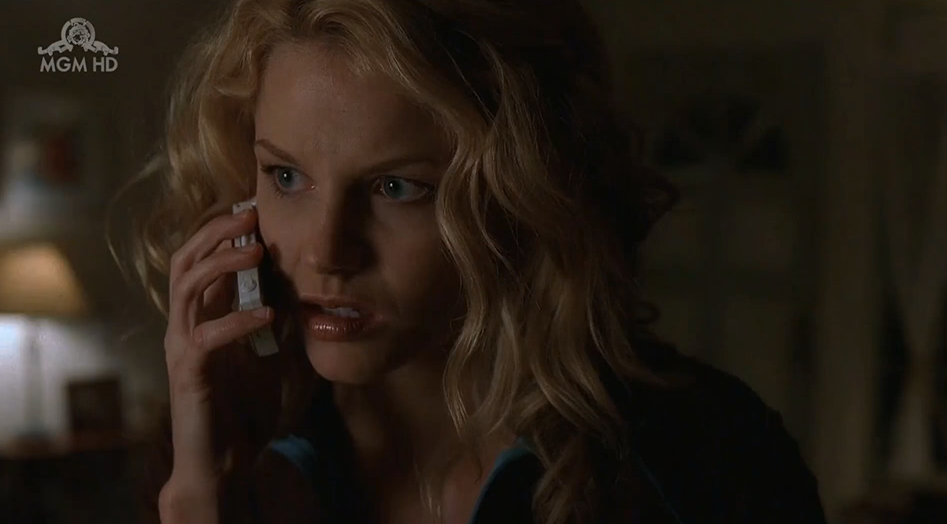
In summary, “Road House 2: Last Call” failed to live up to the standards set by its predecessor and was widely regarded as a disappointing sequel. Critics found fault with its weak plot, lackluster characters, predictable action sequences, low production value, and unsatisfying resolution, making it a film that may struggle to engage or entertain discerning audiences.
| Aspect | Criticism |
|---|---|
| Plot | Weak, disjointed, lacking depth, and predictable progression. |
| Characters | One-dimensional, unconvincing, and failing to evoke genuine empathy or interest. |
| Action Sequences | Lackluster, poorly choreographed, and failing to deliver excitement. |
| Production Value | Subpar cinematography and special effects, contributing to a cheap and uninspired visual aesthetic. |
| Resolution | Underwhelming, rushed, and unsatisfying, with key plot points resolved in a disappointing manner. |
| Overall Reception | Widely regarded as a disappointing sequel that failed to live up to the standards set by its predecessor. Critics found fault with multiple aspects of the film, making it difficult to engage or entertain discerning audiences. |
Key Themes
“Road House 2: Last Call” explores themes of family legacy and justice as DEA agent Shane Tanner seeks redemption for his father’s murder while protecting his uncle’s bar from criminal threats. The film highlights resilience and collaboration in the face of adversity, culminating in Shane finding closure and peace in his hometown.

Family Legacy – The film explores the legacy of James Dalton, the legendary cooler from the original “Road House,” through his son Shane Tanner. Shane’s journey to seek justice for his father’s murder and protect his family’s business highlights the importance of familial bonds and honor. Justice and Redemption – Shane’s quest for justice for his father’s murder and his uncle’s assault drives much of the narrative. As he confronts the criminals responsible, the film delves into themes of justice, revenge, and the pursuit of redemption.
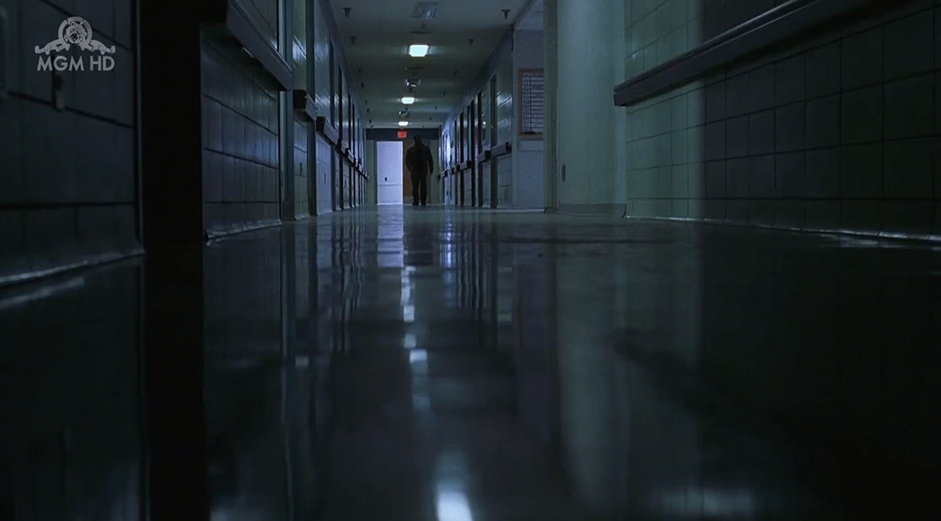
Resilience and Determination – Despite facing overwhelming odds and numerous challenges, Shane refuses to back down or sell the Black Pelican. His resilience and determination to protect his family’s legacy and seek justice exemplify themes of perseverance and inner strength. Community and Collaboration – Throughout the film, Shane forms alliances with local allies like Beau Hampton and Wild Bill’s cousin to take down the criminal syndicate threatening Tyree. The importance of community and collaboration in overcoming adversity is a recurring theme.
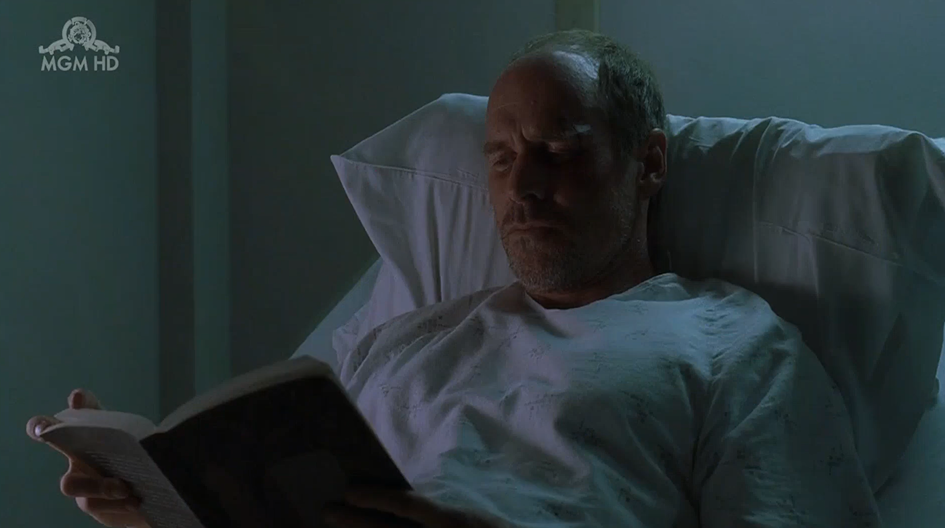
Good vs. Evil – The film portrays a classic struggle between good and evil, with Shane and his allies fighting against the corrupt criminal organization led by Victor Cross and Wild Bill. This theme underscores the moral dichotomy present in the narrative. Closure and Peace – Ultimately, Shane’s journey leads to closure as he confronts his father’s murderers and achieves justice. His decision to stay in Tyree signifies a sense of peace and closure, as he can finally lay to rest the demons of his past and embrace his future in his hometown.

In conclusion, “Road House 2: Last Call” offers a mediocre sequel experience, failing to capture the charm and excitement of its predecessor due to weak plot development, lackluster characters, and predictable action sequences.
Memorable Moments
Memorable moments from “Road House 2: Last Call” include Nate Tanner’s brutal ambush by his rival Wild Bill, setting the stage for Shane Tanner’s return to Tyree and his mission to seek justice. Shane’s refusal to sell the Black Pelican, intense barroom brawls, and the climactic showdown with Victor Cross and Wild Bill culminate in a satisfying resolution, marked by Wild Bill’s symbolic demise at the bar.

Nate Tanner’s Ambush – The ambush and brutal beating of Nate Tanner by his rival, Wild Bill, set the stage for Shane’s return to Tyree and his subsequent determination to seek justice. Shane’s Return to Tyree – Shane’s decision to return to his hometown after learning about his uncle’s assault marks a turning point in the film, as he takes on the responsibility of running the Black Pelican and uncovering the truth behind the attack.

Shane’s Stand Against Wild Bill – Shane’s refusal to sell the Black Pelican despite pressure from Wild Bill showcases his resilience and determination to protect his family’s legacy, leading to intense confrontations and barroom brawls. Alliance with Beau Hampton – Shane’s collaboration with local school teacher Beau Hampton and Wild Bill’s cousin, who has a military background, demonstrates the importance of community and collaboration in overcoming adversity.

Confrontation with Victor Cross – The climactic showdown between Shane and Victor Cross, the Miami crime syndicate kingpin, highlights Shane’s quest for justice and redemption, culminating in Victor’s defeat and the revelation of his involvement in James Dalton’s murder. Wild Bill’s Fate – Wild Bill’s demise, symbolically impaled by the black pelican at the bar, serves as a satisfying conclusion to Shane’s journey of seeking justice for his father’s murder and protecting his family’s legacy.

In conclusion, “Road House 2: Last Call” offers a mix of intense action, familial drama, and justice-seeking, culminating in a satisfying resolution as Shane Tanner confronts his past, protects his family’s legacy, and finds closure in his hometown of Tyree.
Streaming Platforms
“Road House 2: Last Call” may be available for streaming on various platforms such as Amazon Prime Video, Google Play Movies, YouTube Movies, iTunes, Vudu, and other similar digital rental or purchase platforms.
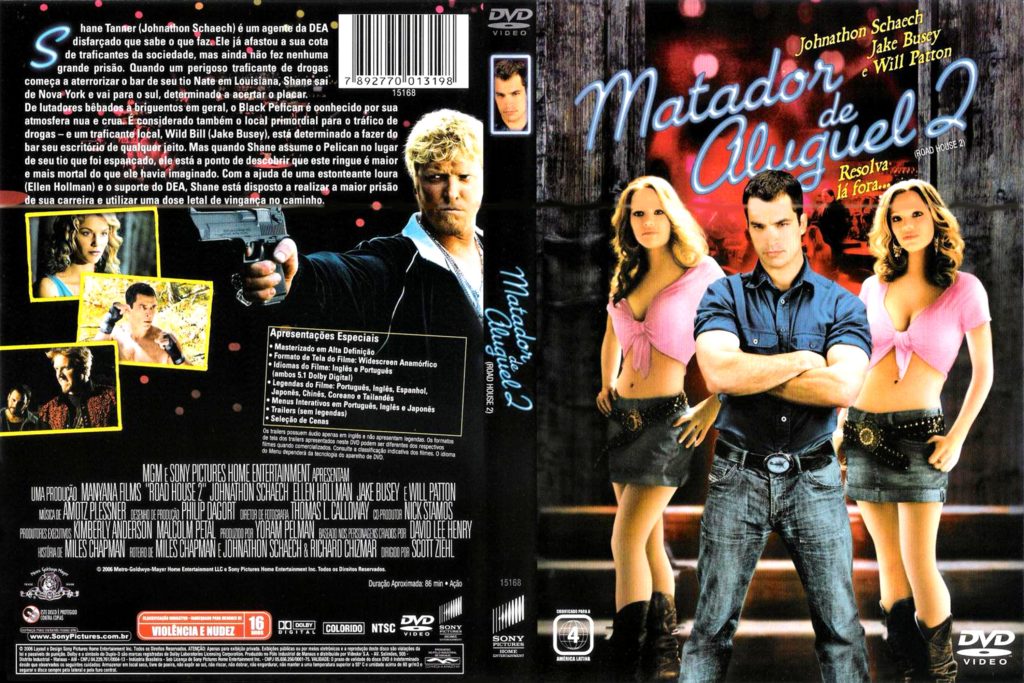
| Streaming Platform | Availability |
|---|---|
| Amazon Prime Video | May be available |
| Google Play Movies | May be available |
| YouTube Movies | May be available |
| iTunes | May be available |
| Vudu | May be available |
| Other digital rental/purchase platforms | May be available |
| Netflix | Not available |
| Hulu | Not available |
| Disney+ | Not available |
| HBO Max | Not available |

